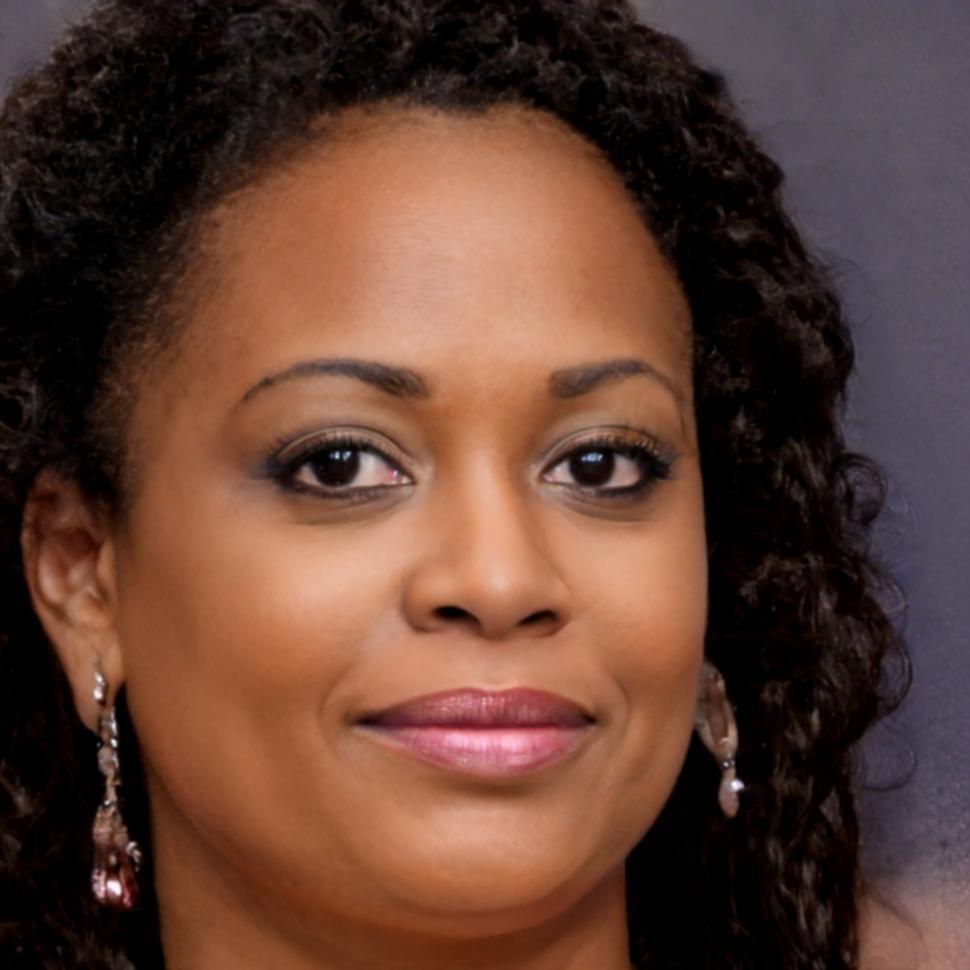From Barely Reading Reports to Writing Them
I'd been entering numbers into systems for two years without understanding what they meant. My manager would reference ratios and trends, and I'd nod along pretending I got it. That felt terrible.
The weekend track worked for me because I could focus without work interruptions. First few weeks were rough—I'd never built a proper financial model before. But by week eight, something clicked. I started seeing patterns instead of just numbers.
Four months after finishing, I'm writing the monthly financial summaries my manager used to handle. Not because I got promoted—because I finally understood what the numbers were saying and could explain them clearly.




